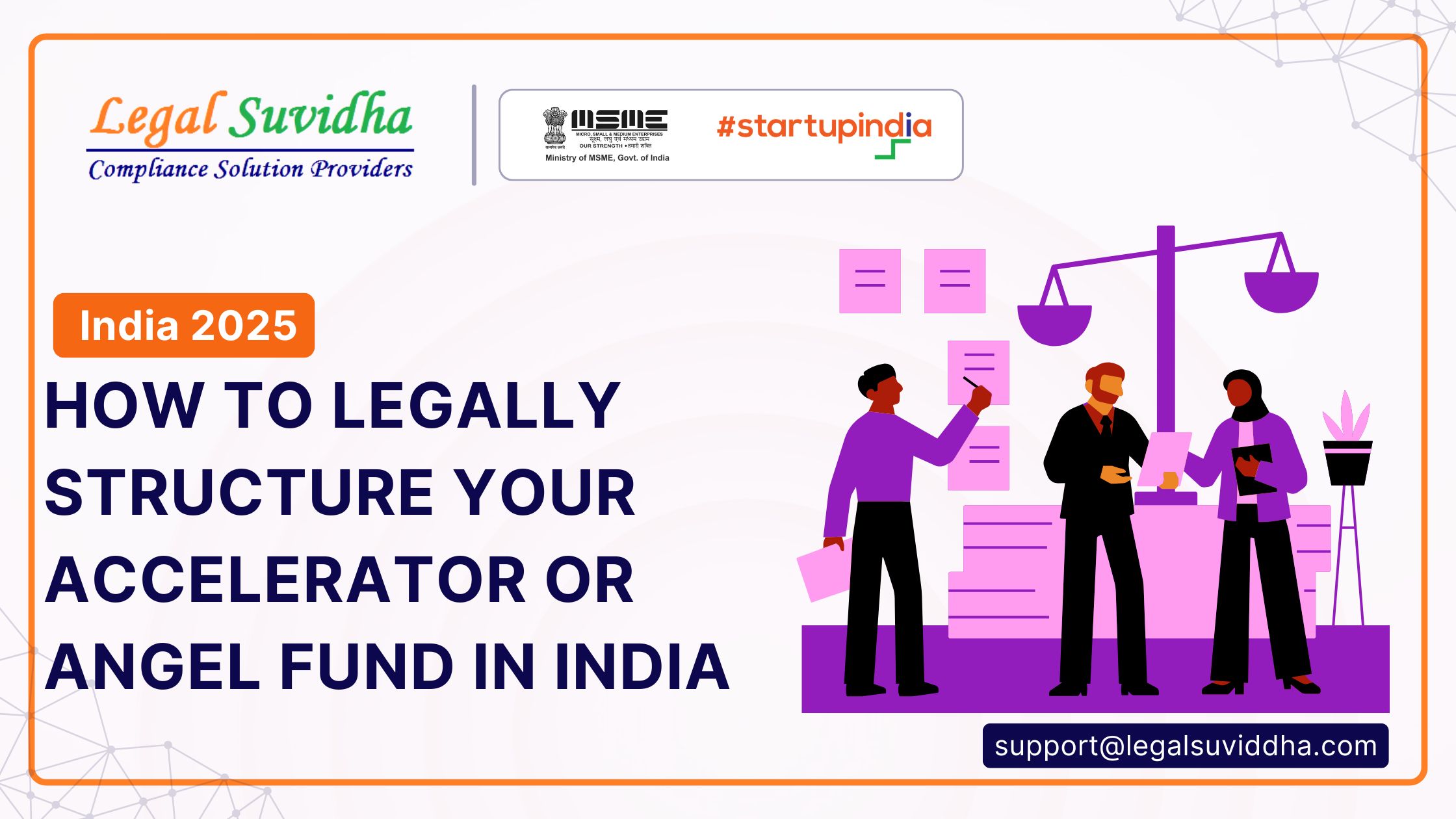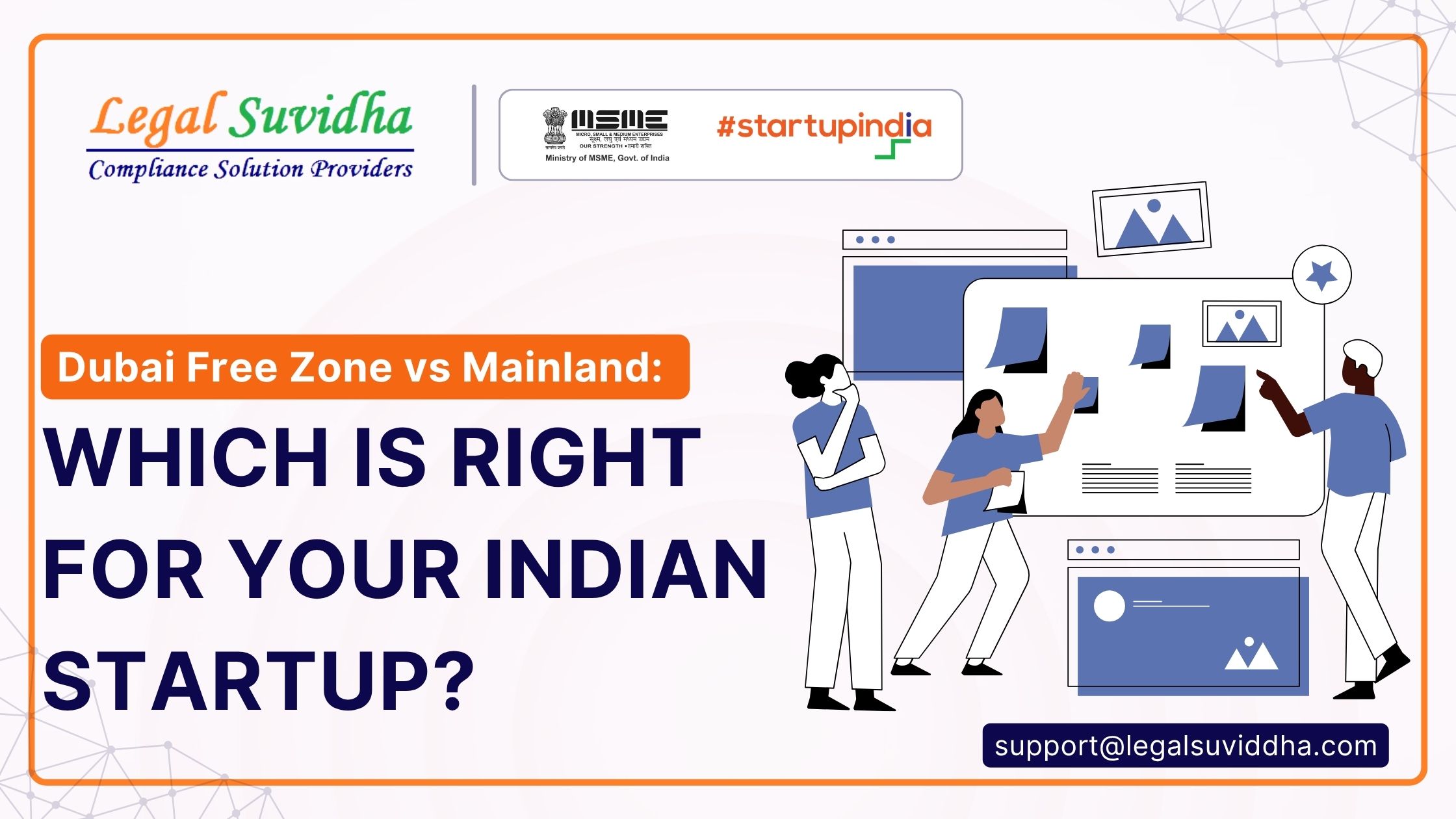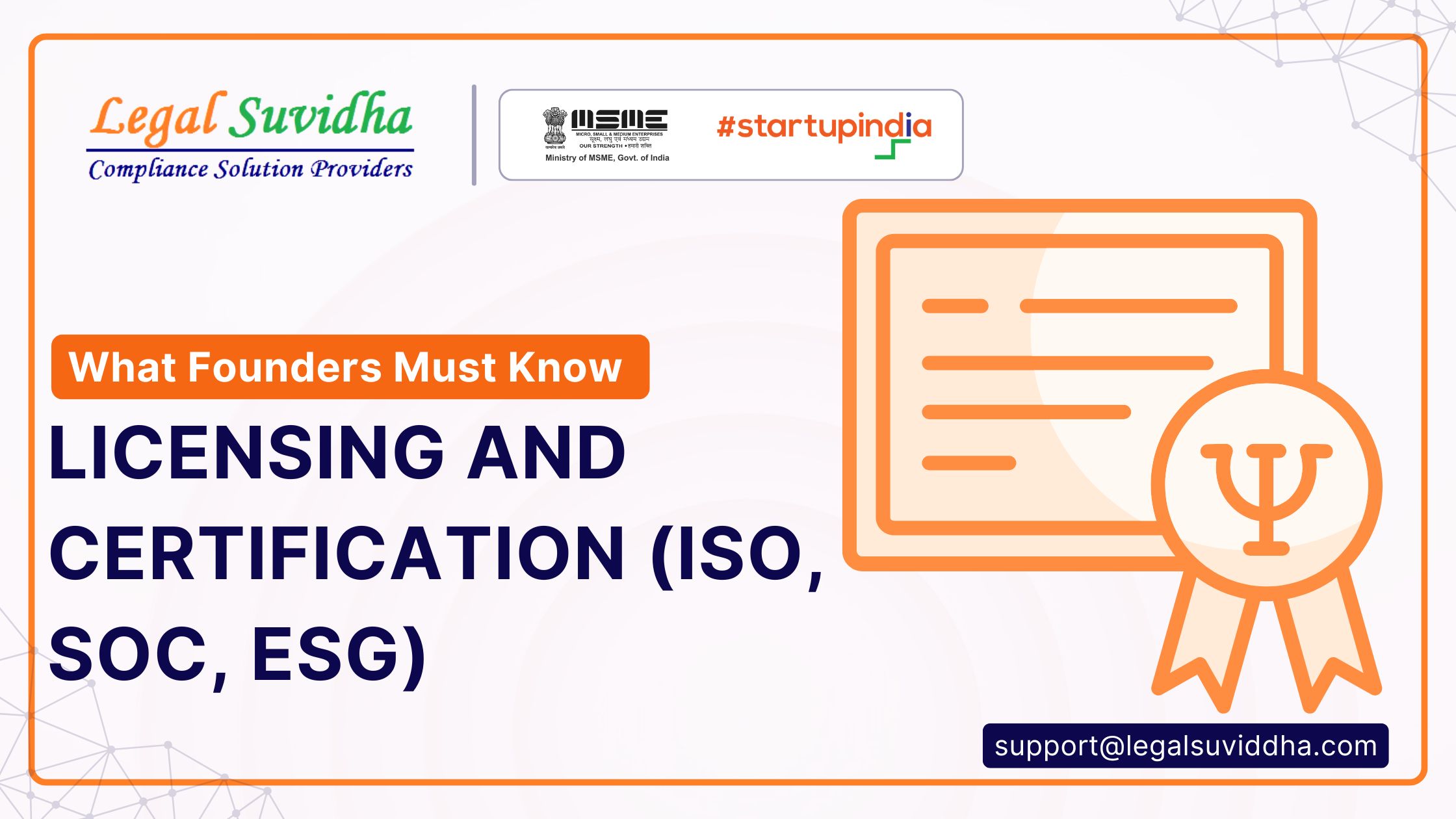Income tax return is the form in which assessee files information about his/her income and tax thereon to Income Tax Department. Various forms are ITR 1, ITR 2, ITR 3, ITR 4, ITR 5, ITR 6 and ITR 7. When you file a belated return, you are not allowed to carry forward certain losses.
What is ITR?
Incom Tax Return is a form that assists taxpayers in submitting income tax returns in which they declare every aspect of their income. Seven distinct sorts of forms, including ITR-1, ITR-2, ITR-3, ITR-4, ITR-5, ITR-6, and ITR-7, are available from the Income Tax Department. By the deadline, the taxpayer must complete the form in accordance with its application, which is determined by the taxpayer’s income and tax bracket.
Why Should an Individual File ITR?
If the individual’s gross income exceeds the amounts shown in the table below:
| Particulars | Amount |
| For individuals below 60 years | Rs 2.5 lakh |
| For individuals above 60 years but below 80 years | Rs 3.0 lakh |
| For individuals above 80 years | Rs 5.0 lakh |
1.In the event that people ask the Income Tax Department for a refund.
2. In the event that people need to apply for a loan or a visa.
3. When people have multiple sources of income (capital gains, house property, etc.)
4. Whether someone received a profit from overseas assets during the fiscal year.
5.Whether the taxpayer is a company or a firm, regardless of profit or loss.
Even if a person’s income is below the basic exemption threshold but they meet any one of the following criteria, they should still file an Income Tax Return:
1. The total amount deposited across all current banks exceeds Rs.1 crore.
2. Total out-of-country travel expenses for oneself or another person exceed Rs.
3. The total cost of the electricity use exceeds Rs. 1 lakh.
4.In the previous years, TDS or TCS exceeded Rs.25,000 or Rs.50,000 (for elderly citizens).
5. A businessman’s total revenue for the previous year exceeded Rs. 60 lakh.
6. Gross receipt for professionals is more than Rs. 10 lakh
Which ITR Should I File – Types of ITR Forms & Eligibility
What is ITR?
Income Tax Return is a form that helps taxpayers to file income tax returns declaring every detail about their income. The Income Tax department provides seven different types of forms such as ITR-1, ITR-2, ITR-3, ITR-4, ITR-5, ITR-6, and ITR-7. The taxpayer needs to fill in the form as per the applicability before the due date, which depends upon the income of the taxpayer and category of taxpayer.
Why Should an Individual File ITR?
In India, it is mandatory for individuals to file ITR in case they fall under the below mentioned categories
In case the gross income of the individual is more than the details mentioned in the table below:
| Particulars | Income |
| Individuals below the age of 60 years | Rs.2.5 lakh |
| Individuals between 60 years and 80 years (Senior Citizens) | Rs.3 lakh |
| Individuals above the age of 80 years (Super Senior Citizens) | Rs.5 lakh |
- In case individuals wish to receive a refund from the Income Tax Department.
- In case individuals wish to apply for a loan or a visa.
- In case individuals have more than one source of income (capital gains, house property, etc.)
- In case individuals have earned an income from foreign assets during the financial year.
- Irrespective of profit or loss, if the taxpayer is a company or a firm.
Income Tax Return should be filed by an individual even if their income is below the basic exemption limit but satisfies any one of the below conditions:
- Aggregate amount deposit in more than one current bank is more than Rs.1 crore
- Aggregate expenses incurred on foreign travel for self, or any person is more than Rs.1 lakh
- Aggregate expenses incurred on electricity consumption is more than Rs.1 lakh
- TDS or TCS exceeds Rs.25,000 or Rs.50,000 (for senior citizen) in the previous years
- Total sales, turnover, or gross receipt exceeds Rs.60 lakh for previous year for businessman
- Gross receipt exceeds Rs.10 lakh for professionals
Which ITR Form to File When Filing Income Tax Return?
Depending on the type of income, the category the taxpayer falls under, and the income the taxpayer makes, the relevant form must be chosen. Find the Eligibility to File Income Tax Return Form
ITR-1: This form is only applicable to resident people with total income up to Rs. 50 lacs and who have income under the following headings (it is not applicable to NRIs, HUFs, or any other organisation)
a) Income from Salary/Pension; or
b) Income from One house property
c) Income from Other Sources
ITR-2: The ITR-2 form is used by any individual or HUF who receives income from a source other than a business or profession and who is not qualified to file an ITR-1.
ITR-3: This form is used by individuals and HUFs who receive income from business or professional profits and gains.
ITR-4: This form must be completed by any resident individual, HUF, or firm (aside from an LLP) with total annual income of up to Rs. 50 lacs and annual income from any of the following heads:
a) Income from business or profession computed on presumptive basis under section 44AD or 44AE or 44ADA
b) Income from Salary/Pension
c) Income from One House Property
d) Income from other sources
ITR-5: The ITR-5 form is for people who are not individuals, HUFs, companies, or people who are filing form ITR 7. All partnership firms, LLPs, AOPs, BOIs, Artificial Judicial Persons, Co-Operative Societies, and Local Authorities should be covered by this form, ideally. Investment funds, business trusts, estates of the deceased, and insolvents all employ this form.
ITR – 6: This form is applicable to all businesses, excluding those claiming section 11 exemption. Religious and benevolent trusts are covered by Section 11 and fall under ITR 7.
ITR-7: This form is for individuals and businesses who must submit returns pursuant to sections 139(4A), 139(4B), 139(4C), 139(4D), 139(4E), or 139 (4F). This comprises political parties, scientific research organisations, educational institutions, and religious and philanthropic trusts.
Types of ITR forms
ITR 1 or SAHAJ
Indian residents who fall into one of the following groups must use this form:
- An income is produced by a pension or a salary.
- A property with just one residence produces income. Exclusion is permitted, nevertheless, if losses from the prior year were carried over.
- if farming produces no more than Rs. 5,000 in annual income.
- The total amount of income that can be produced is Rs. 50 lakh.
- income derived from other means, such as winning the lottery or horse races, etc.
Who cannot opt for this form?
Those that fit into the following categories are ineligible to choose ITR-1:
- In case the total income that has been generated is more than Rs.50,000.
- In case individuals have capital gains that are taxable.
- In case income is generated from more than one house property.
- During the financial year, if any investments were present in unlisted equity shares.
- In case you are a Non-Resident Indian (NRI) and Resident Not Ordinary Resident (RNOR).
- In case income that is generated from agriculture is more than Rs.5,000.
- In case income is generated from profession or business.
- In case the individual is the director of a company.
- In case any income is generated from a property that is located outside India.
- In case an individual has foreign assets or foreign income.
ITR 2
ITR-2 form must be used by individuals and Hindu Undivided Families (HUFs) who fall under the below-mentioned categories:
- Income of the individual must be more than Rs.50 lakh.
- Income can be generated via a pension or from salary.
- Income that is generated from house property.
- Income that is generated from winning a lottery or horse races.
- In case the individual is the Director of a company.
- Agricultural income of the individual is more than Rs.5,000.
- Income has been generated from capital gains.
- In case any investments were present in equity shares that were unlisted during the financial year.
- Income is generated from foreign income and foreign assets.
Who cannot opt for this form?
Individuals who make an income from profession and business can opt for the form.
ITR 3
This form must be chosen by individuals and HUFs who make an income from a profession or from a proprietorship business. The below mentioned individuals can opt for the ITR-3 form:
- Individuals who are generating an income from a profession or business.
- In case any investments were present in equity shares that were unlisted at any time during the financial year.
- In case the individual is a partner in a firm.
- In case the individual is a Director of a company.
- If income is generated from a pension or salary, house property, or any other source of income.
- Turnover of the business exceeds Rs.2 crore.
ITR 4 or Sugam
In case HUFs, Partnership Firms, and individuals who are Indian residents generate an income from a profession or business, they must opt for ITR-4. However, Limited Liability Partnerships (LLPs) cannot opt for this form. Individuals who have also chosen the presumptive income scheme according to Section 44AD, Section 44ADA, and Section 44AE of the Income Tax Act 1961, should also opt for this form.
Who cannot opt for this form?
The below-mentioned individuals and HUFs are not allowed to opt for ITR-4:
- In case the total income that has been generated is more Rs.50 lakh.
- In case any losses have been brought forward from previous years.
- In case the individual has a signing authority at a place that is not located in India.
- In case any investments are present in equity shares that are unlisted at any time during the financial year.
- In case individuals have foreign assets or have generated a foreign income.
- In case the income has been generated from more than one house property.
- In case the individual is a Director of a company.
- In case the individual is a non-resident or an RNOR.
Investment funds, Business trusts, Estate of insolvent, Estate of deceased, Artificial Juridical Person (AJP), Body of Individuals (BOIs), Associations of Persons (AOPs), LLPs, and firms must opt for ITR-5 form.
ITR 6
ITR-6, For any companies that are not claiming exemptions under Section 11, this form must be chosen. Companies that are filing returns under this section can only do it electronically.
ITR 7
ITR-7, Individuals and companies that have furnished returns under Section 139(4A), Section 139(4B), Section 139(4C), Section 139(4D), Section 139(4E), or Section 139(4F) must opt for this form. Given below are the details of the returns that must be filed under each section:
- Section 139(4A): The returns must be filed by individuals who receive an income from a property that belongs to a trust or other legal obligations and the income that is generated is solely used for religious or charitable purposes.
- Section 139(4B): Returns must be filed under this section by a political party if the total income that has been generated is more than the maximum amount.
- Section 139(4C): Returns must be filed under this section by the below-mentioned entities:
- Scientific Research association
- Institutions or association that come under Section 10(23A)
- Medical institutions, hospitals, universities, funds, and other educational institutions.
- News agencies
- Institutions that come under Section 10(23B)
- Section 139(4D): Any college, university, or other institutions that are not required to furnish any income or loss must file returns under this section.
- Section 139(4E): Business trusts that are not required to furnish their income or loss must file their returns under this section.
- Section 139(4F): Investment funds that are present under Section 115UB and are not required to furnish any income or losses must file returns under this section.
Where can Individuals Download the Various Forms?
From the official website (https://www.incometaxindia.gov.in/pages/downloads/income-tax-return.aspx), people can download the various ITR forms. The forms will be available on the same website in PDF format, along with filling-out instructions.







